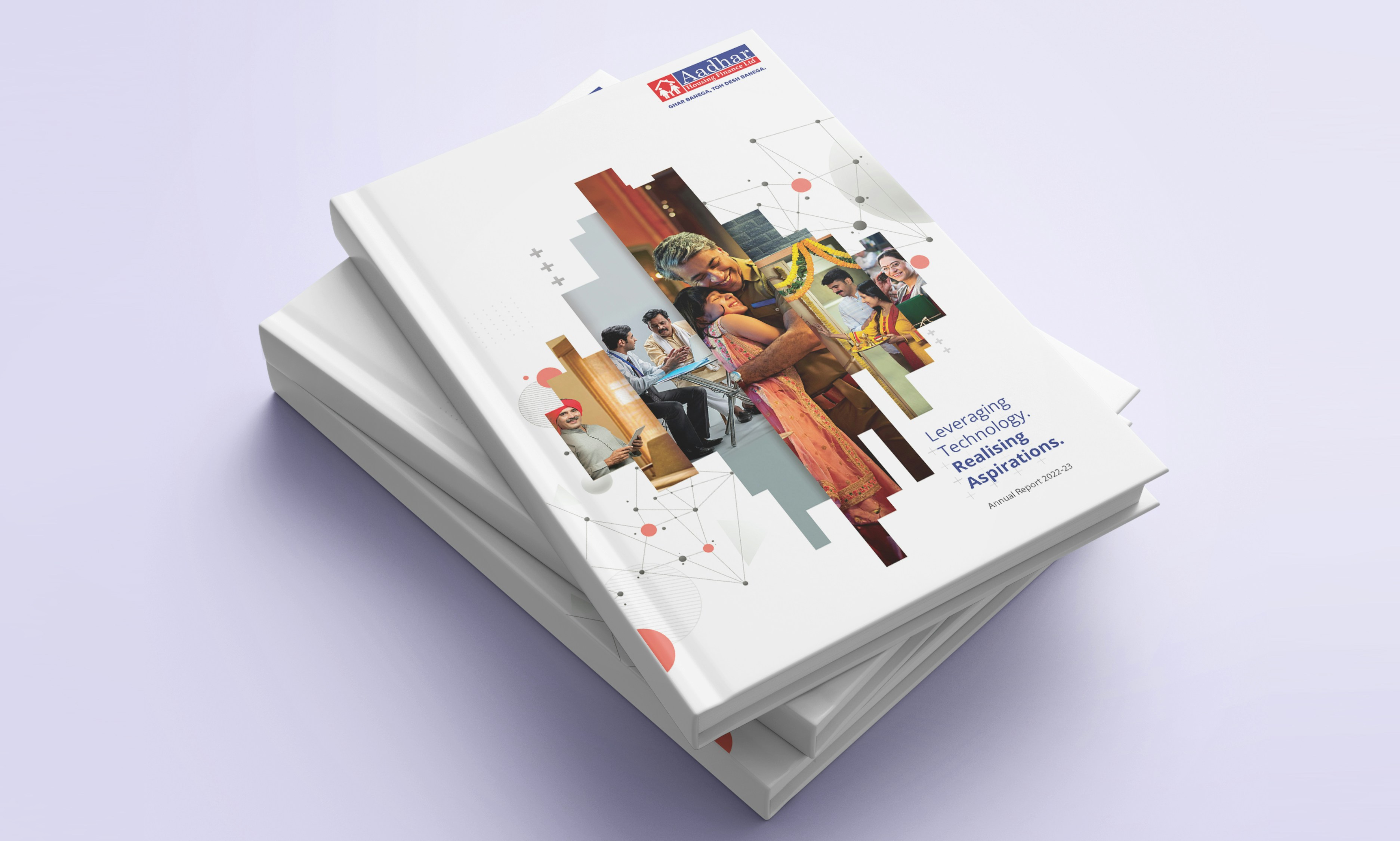Managing Private Finance Successfully

In as we speak’s fast-paced world, managing private finance successfully has change into more and more essential for attaining long-term monetary stability and safety. Many people search to boost their monetary literacy to make knowledgeable selections concerning financial savings, investments, and expenditures. This text delves into the important thing facets of non-public finance administration, offering sensible methods and ideas that may allow you to take management of your monetary future.
The Significance of Private Finance Administration
Efficient private finance administration permits people to attain their monetary targets, whether or not which means saving for retirement, buying a house, or funding a toddler’s schooling. By understanding and making use of private finance rules, people can domesticate good monetary habits, cut back stress associated to cash administration, and put together for unexpected circumstances.
Understanding Your Monetary Scenario
Step one in managing private finance is to have a transparent understanding of your present monetary state of affairs. This contains understanding your revenue, bills, property, and liabilities. Start by making a web price assertion that lists your property (what you personal) and liabilities (what you owe). This can present a snapshot of your monetary well being. Subsequent, monitor your revenue and bills to see the place your cash goes every month. There are quite a few instruments and apps obtainable that may help in budgeting and expense monitoring.

Setting Monetary Objectives

After you have an understanding of your monetary state of affairs, it’s important to set particular, measurable, achievable, related, and time-bound (SMART) monetary targets. These could vary from short-term targets, comparable to saving for a trip, to long-term aims like retirement financial savings. Setting clear targets helps prioritize spending and financial savings, making it simpler to remain targeted and motivated.
Making a Funds
A stable finances acts as a monetary roadmap, offering path and stopping overspending. Begin by categorizing your bills into fastened (e.g., lease, utilities) and variable (e.g., eating out, leisure) classes. Allocate a portion of your revenue to every class whereas additionally setting apart cash for emergency financial savings. Evaluate and modify your finances commonly to adapt to adjustments in revenue or bills.

Establishing an Emergency Fund
An emergency fund is a essential part of non-public finance administration. It serves as a monetary cushion to cowl surprising bills comparable to medical emergencies or job loss. Monetary consultants usually suggest saving three to 6 months’ price of residing bills in an simply accessible account. This fund offers peace of thoughts and helps keep away from reliance on bank cards or loans throughout powerful instances.
Saving and Investing Correctly
Saving cash is essential, however investing it properly is equally important for wealth accumulation. Determine your danger tolerance and funding targets earlier than diving into funding choices comparable to shares, bonds, mutual funds, or actual property. Diversifying your investments might help handle danger and enhance the potential for returns. Additionally, think about automated contributions to retirement accounts, comparable to a 401(okay) or an IRA, to make sure constant financial savings over time.
Managing Debt Successfully
Debt is usually a main impediment in private finance administration. Understanding the forms of debt (secured vs. unsecured) and their rates of interest is crucial. Deal with paying off high-interest debt first, comparable to bank cards, whereas making minimal funds on different money owed. Think about choices like debt consolidation or negotiating decrease rates of interest. Keep away from accumulating new debt by training conscious spending and residing inside your means.
Using Monetary Instruments and Assets
Varied monetary instruments and sources can improve your cash administration expertise. Budgeting apps, funding platforms, and on-line programs can present worthwhile insights and allow you to keep organized. Think about in search of recommendation from monetary advisors or attending workshops on monetary literacy to deepen your understanding. Many neighborhood organizations additionally supply free monetary counseling providers, offering invaluable help.
Staying Knowledgeable and Adaptive
The monetary panorama is consistently evolving as a consequence of financial adjustments, rates of interest, and new monetary merchandise. Staying knowledgeable about these developments might help you make higher monetary selections. Studying monetary literature, following information articles, and taking part in neighborhood boards can preserve you up to date. Moreover, be versatile sufficient to regulate your monetary methods when crucial.
Conclusion
In conclusion, managing private finance successfully is a multifaceted course of that requires cautious planning, self-discipline, and steady schooling. By taking proactive steps in budgeting, saving, investing, and managing debt, people can obtain monetary stability and attain their long-term targets. Adopting good monetary habits and remaining knowledgeable will pave the best way for a safe monetary future.
Steadily Requested Questions
1. What is step one in managing private finance?
Step one is to evaluate your present monetary state of affairs by understanding your revenue, bills, property, and liabilities.
2. How a lot ought to I save in my emergency fund?
It’s usually really helpful to avoid wasting three to 6 months’ price of residing bills in your emergency fund.
3. What are SMART monetary targets?
SMART monetary targets are Particular, Measurable, Achievable, Related, and Time-bound aims that assist prioritize your financial savings and spending.
4. How can I enhance my credit score rating?

Pay your payments on time, preserve your credit score utilization low, and keep away from opening too many new accounts directly to enhance your credit score rating.
5. What sources can be found for studying about private finance?
Many sources exist together with budgeting apps, monetary planning instruments, on-line programs, books, and neighborhood workshops on monetary literacy.


